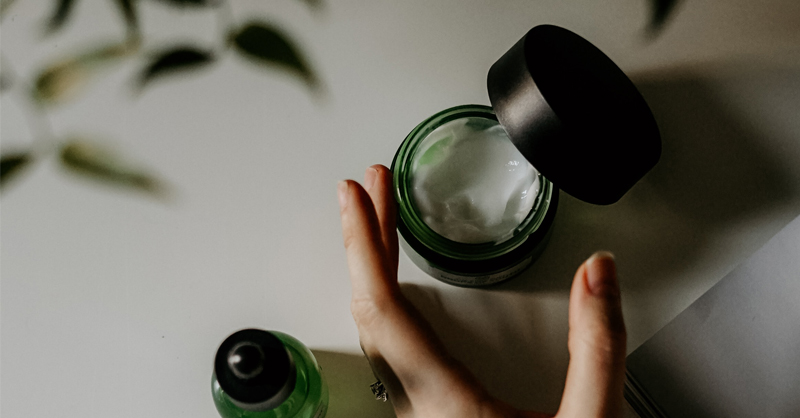How olives save sharks
and what you can do to help them
You may still hold your breath when you see one in the water with you, but more and more people have come to realize the vital role that sharks play as top predators – both for maintaining the health and diversity of oceanic ecosystems. The practice of »finning«, i.e. on-water harvesting of shark fins as an ingredient for soup, is widely criticized and has been banned both in the waters of the EU and the Eastern Pacific. Yet what is less well-known is that sharks are also caught in considerable amounts for their livers: These contain squalene, a clear yellowish oil that normally helps sharks control their buoyancy but, sadly, is also a highly prized cosmetic ingredient.
Squalene is named after the Latin word for shark and used as a natural emollient in creams, lotions and many other skin care products. Being identical to one of the main components of the oil-like sebum that the skin itself uses to stay soft, it is easily absorbed and thought to play an important role in maintaining cell fluidity and structure. People who use squalene perceive it as a very efficient moisturizer, especially on dry and mature skin. To give it a lighter feel, it is often turned into squalane, the hydrogenated version of squalene, before being added to personal care products, which also extends its shelf life.
Yet even in this lighter version, animal-based squalene retains its not-so-light origins, and estimates of how many sharks are harvested to make cosmetics per year actually run into the millions. Consumers increasingly seek to avoid such uneasy implications in their personal care products and, motivated by the same drive for sustainable improvement that underlies our EcoTain™ label and many other activities, Clariant is constantly looking for ways to offer them better alternatives. Our solution in this case is Plantasens™ Olive Squalane, a highly sustainable emollient from the wide range of ingredients we provide to the personal care industry.

Plantasens™ Olive Squalane takes advantage of the fact that squalene is not just produced in shark livers or human skin, but also in olives. In fact, olives are a particularly rich source of plant-based squalene, whose molecular structure is exactly identical to the shark-based version. Consequently, it has the same great cosmetic properties – and so does the high-quality squalane we turn it into.
Plantasens™ Olive Squalane brings exactly the light silky touch to personal care formulations that the ingredient is known for, and softens and conditions the skin without leaving a greasy after-feel. It is part of our efforts to substitute problematic care ingredients such as silicones and other petrol-based emollients with better replacements, and to offer manufacturers and consumers unambiguous proof of its plant-based origin, we use isotope analysis. The method is able to detect whether it has been made from vegetable or animal sources.
And plant origin is by no means where the sustainability of Plantasens™ Olive Squalane ends: It is not simply made from olives, but by recycling a side stream of olive oil refining, which means it does not compete with food production and supports the circular economy, where waste is successfully turned into value. As will not surprise you, the ingredient carries a whole host of eco-labels, from our own EcoTain™ badge and the Ecocert and Natrue marks to the Vegan™ label – which, if you see it on a cream or lotion using our squalane, makes you sure of the product’s purely plant-based provenance.
By looking for such products, you definitely help olives save sharks and allow these important creatures to go on using their livers for what they’re meant for: adjusting their position in their natural element – the water.

